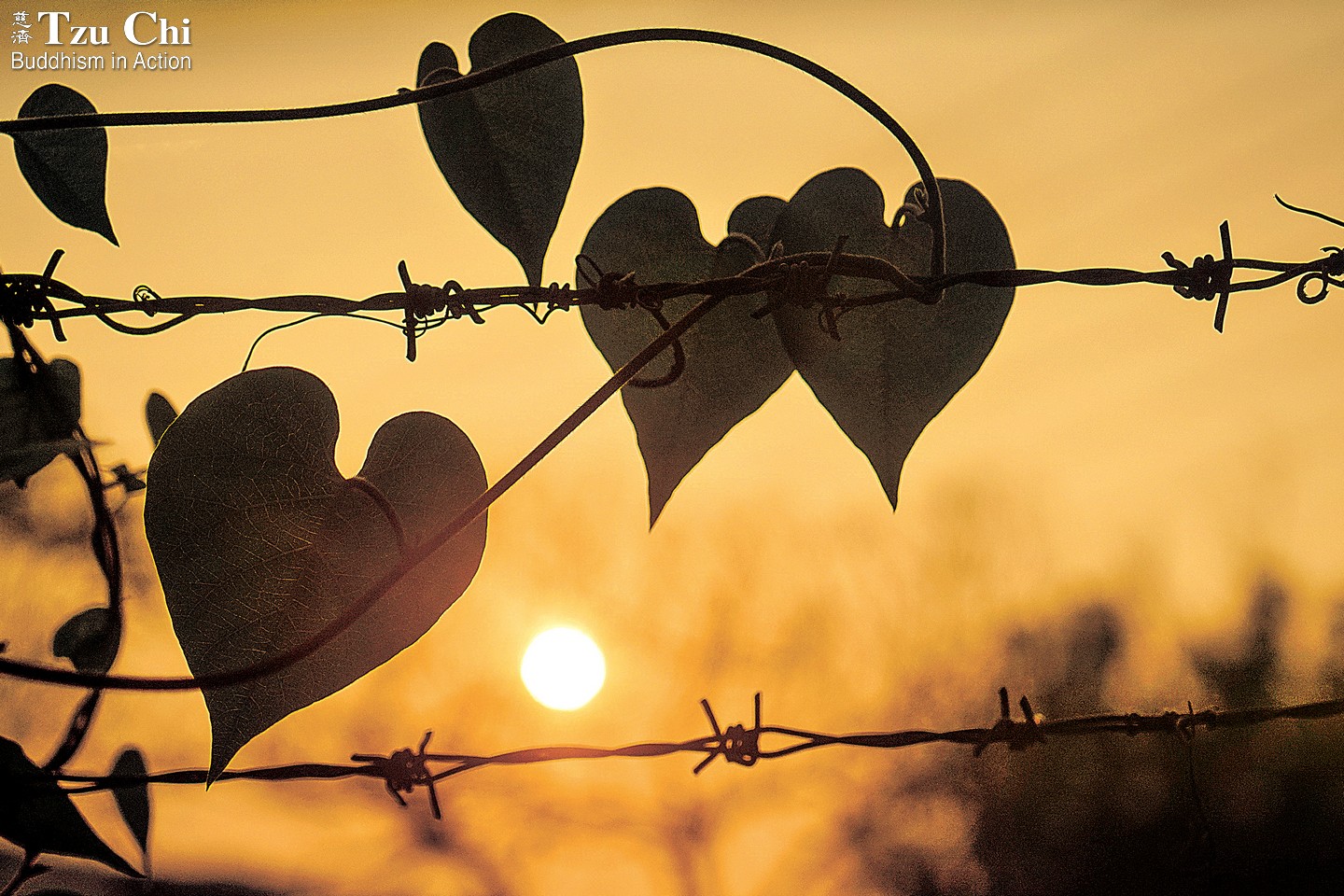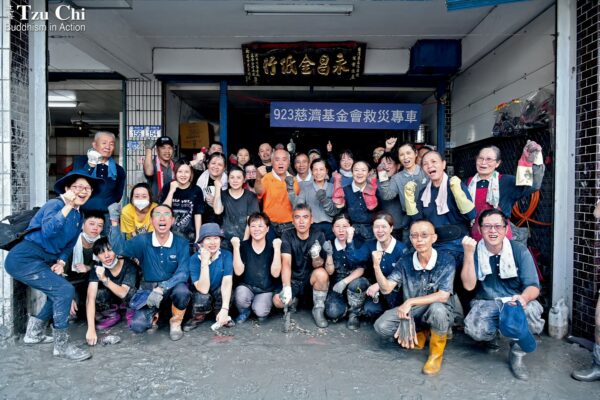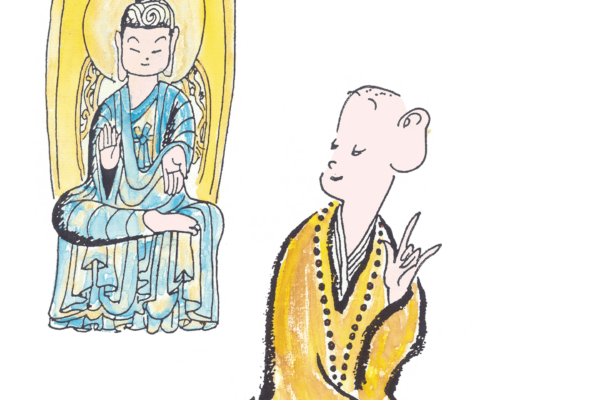By Yi Yi
Translated by Wu Hsiao-ting
Photo by Yan Lin-zhao

Embracing the courage to apologize or forgive is not easy, but it is rewarding, leading to peace within yourself and others.
I was bullied at work many years ago. Back then, the term “bully” didn’t receive much notice in Taiwan, and I didn’t know how to protect myself. I tried to rationalize my mistreatment, comforting myself by thinking that perhaps I owed the colleague something from a past life. I believed that everything would be fine if I could quickly repay my karmic debt by enduring her actions with fortitude. My body, however, was not so willing to submit to that plan.
The prospect of going to work every morning was agonizing for me. I felt a suffocating weight on my chest whenever I reached the entrance to my company. One day, I happened to touch my scalp and felt a bald spot the size of a ten-dollar coin. I was shocked. I was diagnosed with alopecia areata, also known as spot baldness. This was the first time I had heard of this condition, and it was likely triggered by psychological stress.
Coincidentally, I discovered that I was pregnant. I used this as an opportunity to resign, citing the need to take better care of myself during my pregnancy. I thought that leaving that detrimental work environment would solve everything, but I didn’t realize that the emotional wounds I was carrying would be remembered subconsciously.
In the first five years after resigning, I often dreamed that I was arguing with that colleague, venting in my dreams the words I had suppressed in real life. I’d wake up with tears soaking my pillow. I told myself that she was the most terrifying nightmare in my life and that I never wanted to see her again.
For some reason, her attitude toward me changed significantly after I resigned. She would send me birthday wishes every year and greetings on holidays. Perhaps she began to empathize with me because she had to take over my work and finally understood what I had to face on my job. Through a former colleague, I heard that she had taken courses in personal growth and had changed a lot.
Regardless of whether she had changed or not, I still wasn’t ready to face her. Though former colleagues invited me to gatherings many times, I would politely decline if she was going to be there. One day a colleague said to me, “We’re all mothers now; our hearts have softened. We need to find a way to move past the past.” After that comment, I mustered the courage to agree to attend a gathering.
Though five years had elapsed, I was very nervous and uneasy when I met her at the gathering. My smile was polite but trembling slightly. However, the awkwardness between us gradually dissipated as we laughed and shared our experiences as mothers.
At the end of the occasion, she hugged me goodbye. At that moment, it felt like an electric current ran through my body. Not only had I seen someone I swore I would never see again, but I had even embraced her!
Shortly after returning home, I received a text message from her: “I was so happy to see you today! I’m sorry for being insensible when I was young and hurting the pure and kind you.”
I began to cry when I read her message, unable to hold back. My tears were for the feeling of finally being understood. She had dug a big hole in my heart five years back, and now she was using sincerity, spoonful by spoonful, to fill it. That hug, that text message, helped fill the hole and heal the wounds. The tears were also for deep gratitude.
How many people hurt others without realizing it? How many people lick their wounds alone? I am so fortunate that the person who hurt me was self-aware and had the courage to face what she had done in the past and to sincerely apologize.
The knot in my heart that had always been there disappeared in an instant, replaced by relaxation and joy. In that moment, I knew that we had resolved our past animosity and turned it into good karma!
Recently, I heard Dharma Master Cheng Yen share these words with overseas volunteers: “If there was discord between you and others in the past, reach out to them to restore good affinities. You can call those you had friction with, explain any misunderstandings, and offer apologies. By resolving past grievances, your heart will be at ease, and you will also release yourself. When what needs to be repaid is repaid, all interpersonal entanglements will unravel.”
In life, we sometimes hurt others and sometimes are hurt by others. What we must avoid most of all is bad relationships with others. Think about the day when you are saying farewell to the world. Do you want others to remember you with warmth or with lingering hatred? This reminds me of these wise words: “You must first form good affinities with others before you can attain buddhahood.”
Both apologizing and forgiving require great courage. May we have the resolve to let go of our hatred or animosity, and allow our hearts to be filled only with love.



